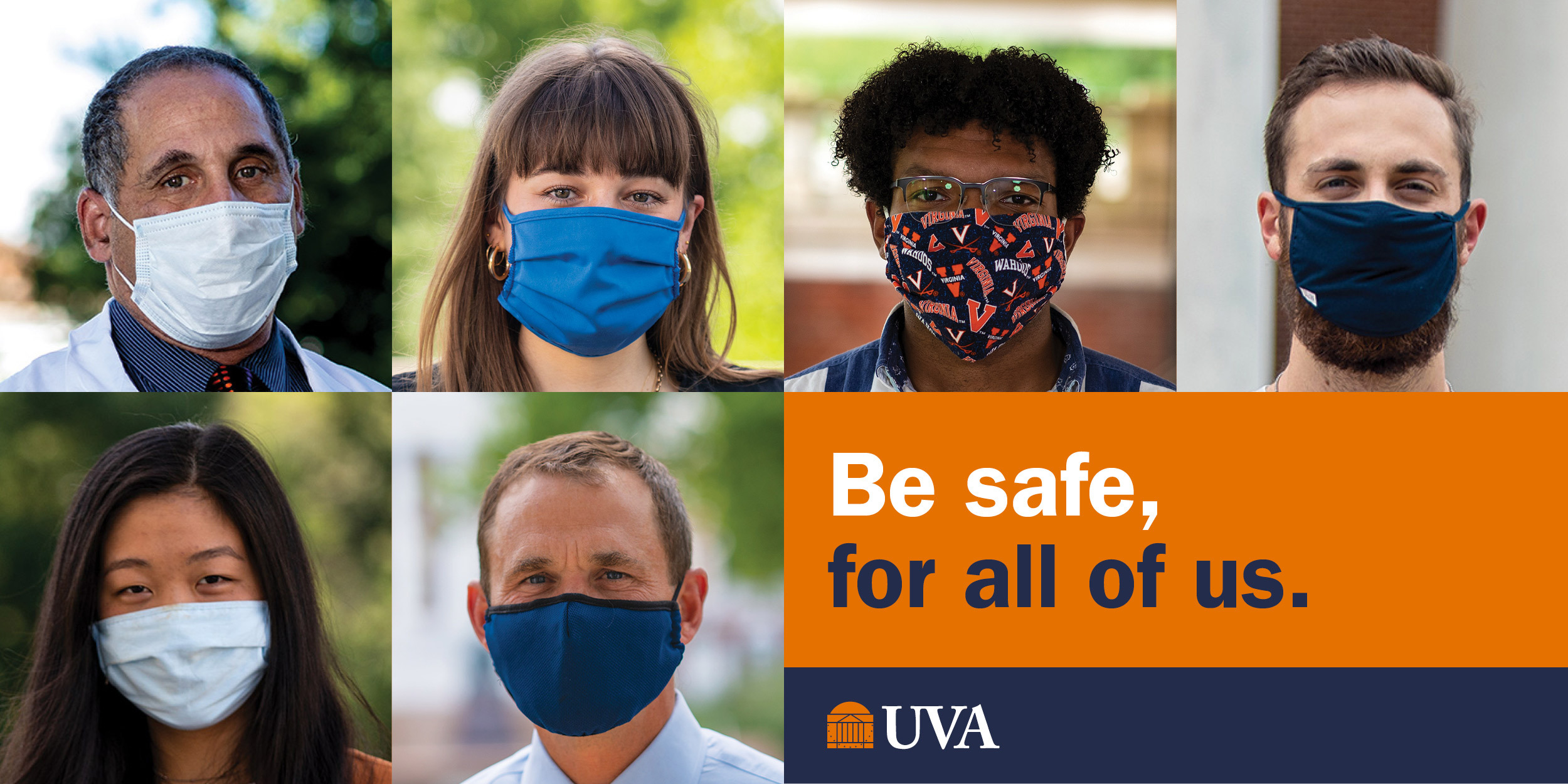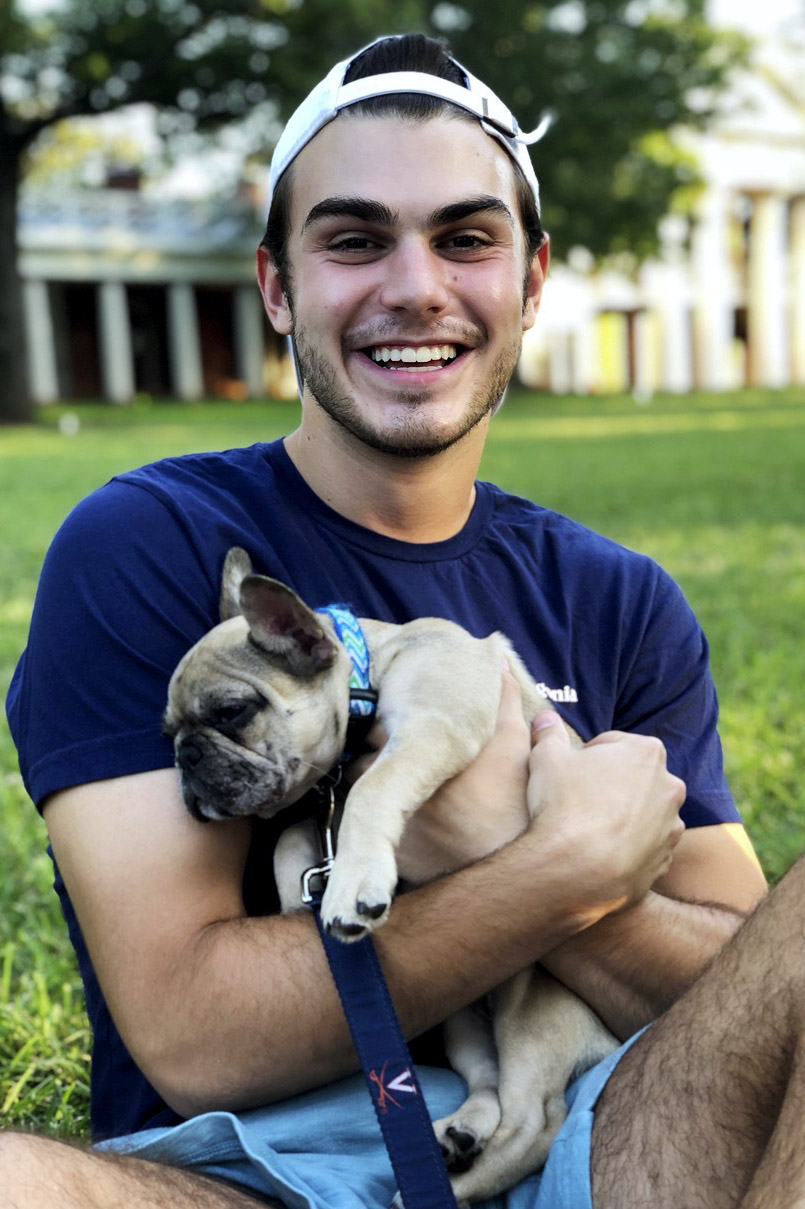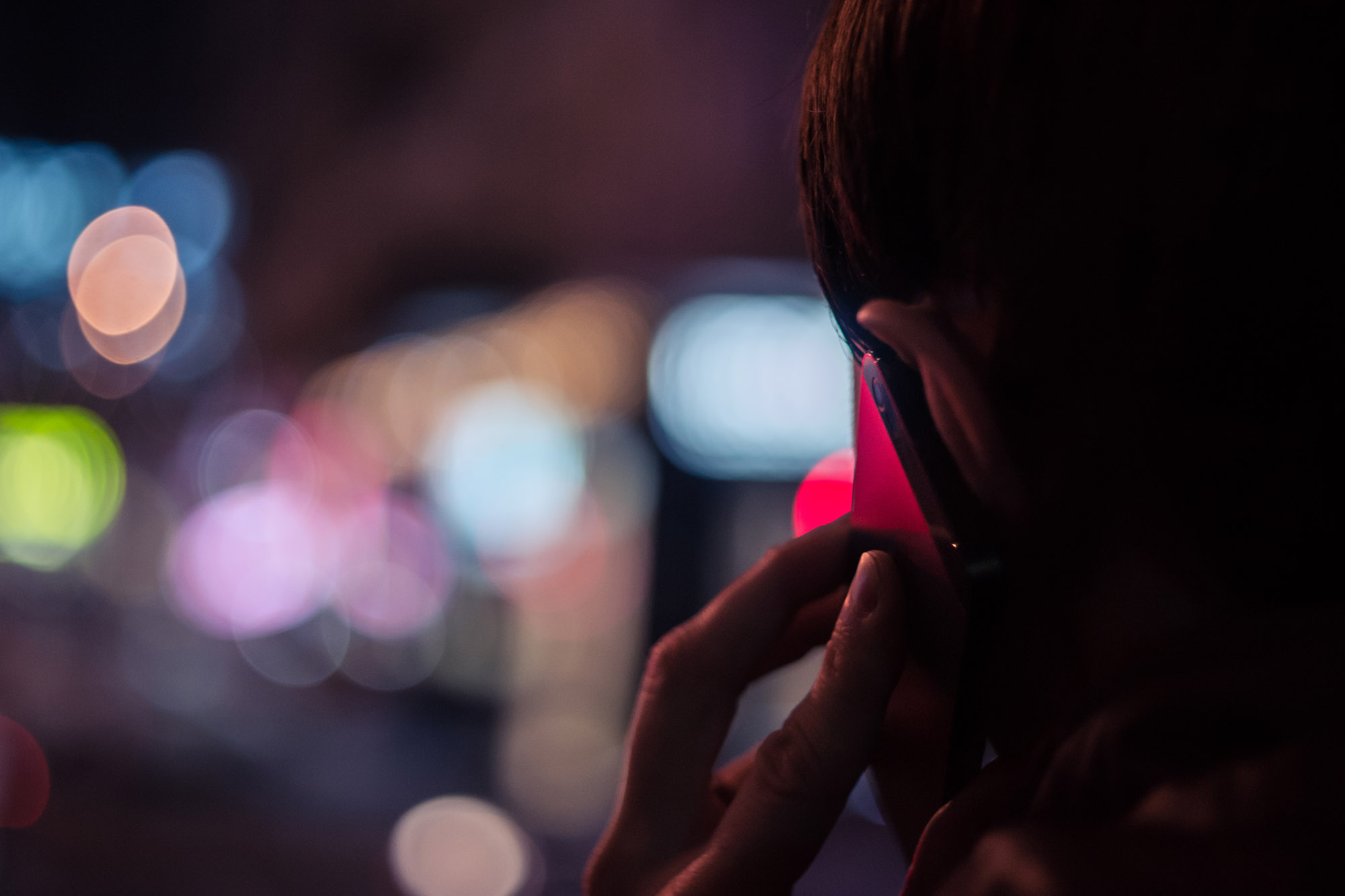As the son of a child psychiatrist, mental health was always a very open topic of discussion around the dinner table for University of Virginia student Daniel Shapiro.
If Shapiro was feeling stress or anxiety about something, his parents would sometimes let him stay home from school for “mental health” days.
Shapiro, though, soon realized many of his peers weren’t as fortunate.
“I recognized that being so open about these things was not normal,” Shapiro said. “Most people feel shame or embarrassment when it comes to talking about mental health, which has always been something that has upset me in way.”
As a high school student in Cincinnati, Shapiro started a “positive psychology club,” which explored ways that people could foster happiness within themselves and others. Shapiro said the main goal of the club was to “normalize” discussions about mental health.

When Shapiro got to UVA, he was scrolling through the website of Madison House – the independent, nonprofit volunteer center for UVA students – looking for volunteering opportunities when he came across HELP Line.
HELP Line is a free and confidential telephone hotline serving UVA and the surrounding area. It is a student-run and student-operated empathetic listening and referral hotline, staffed entirely by anonymous UVA student volunteers.
“I thought, ‘This has got to be the coolest thing ever,’” Shapiro said.
“I saw HELP Line as a group of people who cared about the mental health of others just as much as I do, so I signed up immediately.”
Now a third-year student, Shapiro – who is double majoring in neuroscience and statistics and is on a pre-med track – serves as the head program director.
After a hiatus that began shortly after the pandemic last spring, HELP Line – thanks to Shapiro and a team of training program directors led by fellow students Claire Woznak and Zoe Bell – returned to service on Monday with a new virtual and physically distanced approach.

Shapiro says one of the biggest draws of HELP Line is that it is confidential and anonymous. (Contributed photo)
This semester, Shapiro, Woznak and Bell have designed an online training program for volunteers.. The volunteers virtually train others on topics such as empathy, mental illness, gender and sexuality, sexual assault and suicide prevention. While the students must complete significant training before answering the hotline, they are not mental health professionals and are trained to refer callers to mental health professionals as needed.
“A lot of times people don’t want to talk to someone they know about what they’re experiencing, especially because they might be worried about being judged,” Shapiro said. “The fact that we are confidential and anonymous and that our volunteers are trained in being non-judgmental definitely leads a lot of people to call us.
“Also, HELP Line is here for anyone’s needs; sometimes people call while they’re walking their dog to just talk about how their day has been, and sometimes people call because they’ve been having suicidal thoughts. It’s definitely rare to have someone in your life that you feel comfortable telling everything to, so I’m really glad that we can be that for people.”
Woznak, a fourth-year student from Winchester who is majoring in sociology and planning to go to school to become a physician assistant, said volunteering at HELP Line has been the most “impactful” experience from her time at UVA.
“I always struggled with anxiety growing up and didn’t realize the way I was feeling wasn’t normal,” Woznak said. “It took me a really long time to admit to myself that I was struggling.
“Learning how to be empathetic towards others has helped me to be more empathetic and accepting of myself when I’m having a tough time. I really wanted to be able to help people who were having similar feelings and needed someone to talk to, and HELP Line was the perfect place to do that.”
Shapiro and Woznak said hearing distress in a caller’s voice dissipate throughout an interaction is a feeling that is hard to put into words.
“These calls make me realize just how important of a resource we are to people and how much trust people place in HELP Line,” said Shapiro, who, to preserve the line’s anonymity, no longer takes calls himself. “I honestly wouldn’t say any calls are ‘bad.’ Even if none of the issues someone called about are solved, just talking through them with someone is absolutely helpful in itself.”
Shapiro said one of the best things about HELP Line is that it doesn’t only benefit members of the UVA community.
“We obviously don’t know where a caller is from unless they decide to mention it,” Shapiro said, “but we do get a decent amount of callers who say they are in the Charlottesville area. It’s amazing knowing that we are able to help residents of Charlottesville in some way.”
This year, HELP Line has a new number: (434) 924-TALK and has limited hours, 9 a.m. to 9 p.m., in order to protect the well-being of their student volunteers.
“We are here to talk about any problem, big or small,” Shapiro said.
Media Contact
Article Information
September 16, 2020
/content/help-line-back-and-ready-discuss-your-problems-big-and-small

